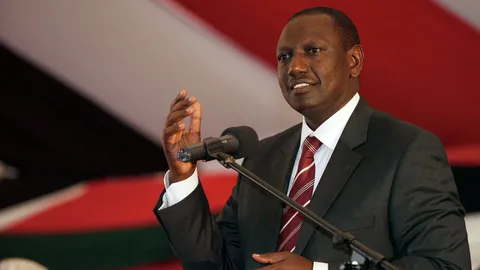President William Ruto’s recent appointment of Jaoko Oburu Odinga, nephew to former Prime Minister Raila Odinga, as Special Advisor on Economic Empowerment and Sustainable Livelihoods has stirred conversations across Kenya’s political scene. The move, widely seen as strategic, highlights the changing dynamics of political alliances in the country.
Jaoko’s new role is significant not just because of his family connection to Raila, but also due to his active participation in previous political campaigns, including his leadership in the Young Turks Handshake Alliance. By bringing him into government, Ruto seems to be extending an olive branch—an attempt to bridge political divides and promote inclusivity. In a country where rivalries often dominate, this could be viewed as a gesture toward national unity.
Still, the implications are complex. On one side, Ruto may strengthen his image as a unifying leader, one willing to work across the aisle. This could broaden his appeal to voters beyond his traditional base. On the other side, the appointment raises questions about Raila’s influence. Some critics suggest it could weaken Raila’s opposition stance if figures close to him are gradually absorbed into the ruling administration.
The move also shines a light on the fine line between political strategy and governance. Jaoko’s mandate centers on economic empowerment and sustainable livelihoods, but his presence in Ruto’s circle could be seen as a calculated step to neutralize opposition and tighten control. This has sparked unease within Raila’s ODM party, where members are debating what this means for party unity and the broader opposition agenda.
In the bigger picture, this development underscores the fluid nature of Kenyan politics, where loyalties shift and alliances are often redefined through key appointments. As the dust settles, all eyes will be on how this plays out—not just for the individuals involved, but for the future of Kenya’s political landscape.
















